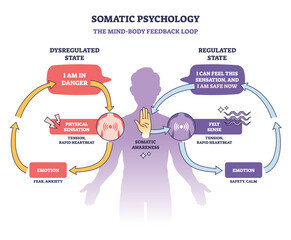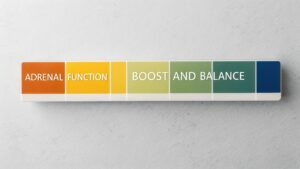There is growing awareness of how painful and permanent the effects of bullying can be, but it remains a significant problem that needs to be eradicated. Bullying is an act of aggression, intimidation or threat that occurs within a relationship where there is an imbalance of strength, or power and dominance. It is intentional and persistent. Bullying takes on many forms. Children may be teased, hit, attacked, ignored, left out or called names. They may have possessions taken, or defaced, have rumors spread about them, be made to feel embarrassed, or be publicly or privately victimized or shamed. This can be done face-to-face or through cyber-bullying over the internet or phone.
According to the American Medical Association, 3.7 million youths engage in bullying, and more than 3.2 million are victims of moderate to serious bullying each year. Every seven minutes, a child on an elementary playground is bullied. It occurs at early ages and in all grades. It occurs virtually everywhere; in homes, schools, neighborhoods, churches, parks, sports teams, & on the trip to and from school. How many more children have to feel bad about themselves so someone else can feel good?
Being a victim of bullying results in feelings of depression, anxiety, isolation and anger. One out of ten students drop out of school because they’re bullied. 30% of all child suicides can be directly related to bullying. It causes “toxic shame” which is destructive to one’s sense of worth. It interferes with children’s ability to learn and results in a drop in academic performance. We must all do our part to help deflate the bully and inflate the victims. The impact of bullying on a child is far-reaching and invasive to their sense of self and it takes years to overcome the feelings of indignity that result from being a victim.
STAND UP – teach children to learn how to avoid destructive peer relationships. Good friendships are based on generally mutual levels of affection and respect. If a child isn’t receiving these from a friend, he or she is learning to accept less than is deserved.
STAND UP – encourage children to talk about their feelings and help them understand how others feel.
STAND UP – We need to make it clear to children that everyone is different, and those differences should be embraced, not shunned.
STAND UP – We need to make sure children recognize that helping others in need is the right thing to do; teaching them to be up-standers, not bystanders.
STAND UP – Let’s build a culture that values inclusion, responds in caring and practical ways to victims, and nurtures in all children a respect for and sense of responsibility to one another.
Greta Nielsen, MA, LCPC, NCC




